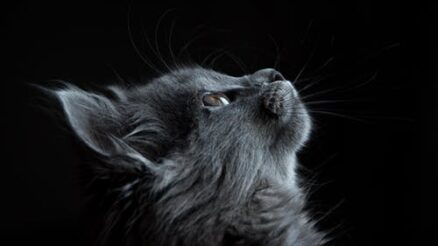Oral problems in pets can lead to severe health issues if left untreated. Various pet oral surgery can help ease discomfort and prevent further damage. From routine cleanings to extractions and orthodontics, pet parents need to know the different options available to maintain their furry friend’s oral health. As a pet parent, you should have an idea about the different kinds of oral surgery.
Different Kinds of Pet Oral Surgery
Oral surgery for dogs, cats, and exotic pets is offered. Dental procedures often conducted on pets consist of:
Tooth Extraction
Tooth extraction is a common procedure in veterinary oral surgery. When other dental care options have failed, tooth removal may be the only choice for a pet with extreme damage, decay, or infection. After a tooth is removed, the pet might need antibiotics and painkillers.
Root Canal Treatment
The dog or cat dentist might recommend root canal therapy when a pet’s tooth is terribly damaged but still repairable. The procedure entails removing the decayed or damaged tooth structure, cleaning and filling the tooth canal, and covering the tooth to prevent further decay. Root canal therapy is performed under general anesthesia, and your pet may need post-operative antibiotics and pain medication.
Crown Placement
A crown, or cap, is a restoration used to cover and protect a tooth weakened by decay or damage. The oral surgery treatment of placing a crown needs general anesthesia. Your furry friend may require antibiotics and painkillers to help it feel much better while it heals.
Gingivectomy
Dogs and cats with complicated gum illness typically require oral surgery, known as a gingivectomy. Damaged gum tissue is surgically removed, and the healthy gum tissue is improved to create less space for bacteria to grow. After undergoing a gingivectomy, your animal companion might need antibiotics and painkillers.
Orthodontics
Animals with misaligned teeth or jaws can gain from an orthodontic procedure, an oral surgery. The procedure involves realigning the teeth and jaws through orthodontic devices such as braces and wires. Anesthesia is applied during orthodontic treatments; your pet may need antibiotics and pain medication later.
Jaw Fracture Repair
Repairing a broken jaw is a dental surgery procedure done on pets. Wires, plates, or other orthopedic devices keep the jaw in place throughout the procedure. Repairing a broken jaw requires general anesthesia, and your pet may need antibiotics and painkillers during recovery.
Exotic Animal Dental Treatment
Dental treatment is equally as crucial as traditional animals if you have an exotic pet. Exotic pets like reptiles and birds can develop dental problems, resulting in serious health issues if left untreated. So it is essential to look into your exotic pet’s particular dental requirements and offer them the right dental treatment. Regular veterinary examinations can also help identify and avoid any potential dental problems. Search for “reptile vet near me” to know what’s best for your exotic pet.
Pet Dental Treatment
Working with a vet with advanced knowledge in dental surgery and animal treatment is crucial. With their experience, pets can have a hassle-free experience before, during, and after dental treatments. Other than surgeries, you can also select from preventative dental treatment alternatives like dental cleaning and polishing, dental X-rays, and oral health evaluations. Refer to this website to find out more about pet dental care.
Final Thoughts
Animal oral surgery is a crucial aspect of animal healthcare that can not be overlooked. It helps prevent dental diseases and maintains excellent oral hygiene for animals. With the different kinds of oral pet surgery available, pet owners can consult with their vets to choose the ideal option for their animal companions and ensure they get the necessary care to maintain their teeth healthy and strong. Regular dental examinations and cleanings prevent dental issues and surgery and keep pets happy and healthy for years.


